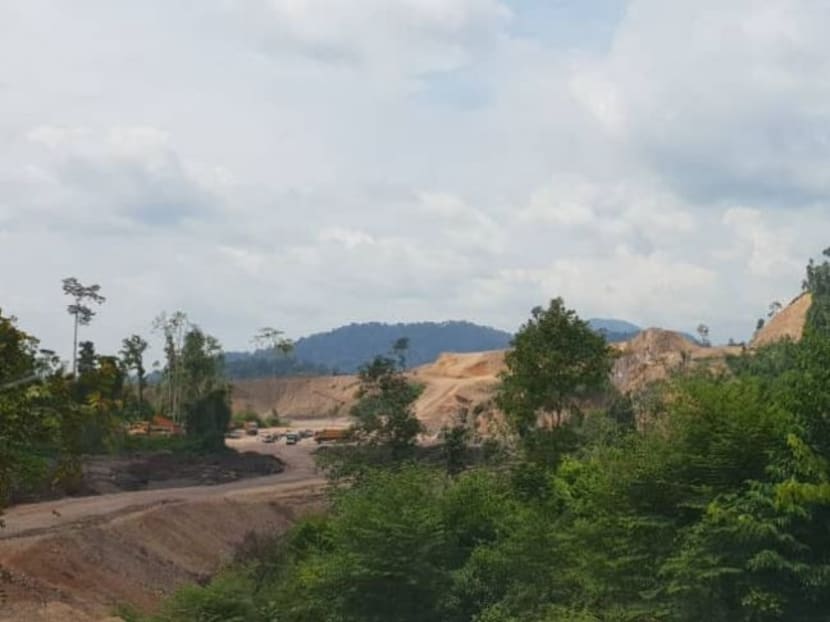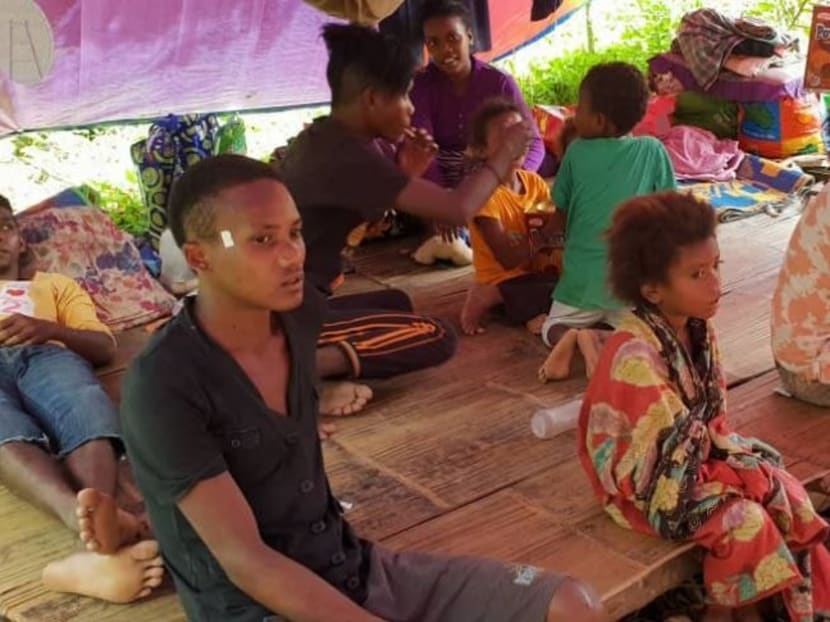Kelantan has let down Orang Asli, says Malaysian environmental group
GUA MUSANG — Kelantan has failed to protect the Orang Asli from the effects of logging, mining and plantation activities in the forests, environmentalist Shariffa Sabrina Syed Akil said.

A decade of mining and land-clearing activities in the forests of Kelantan in Gua Musang has left the Orang Asli in Kampung Kuala Koh with contaminated water sources and a dwindling food supply, say environmentalists.
GUA MUSANG — Kelantan has failed to protect the Orang Asli from the effects of logging, mining and plantation activities in the forests, environmentalist Shariffa Sabrina Syed Akil said.
The president of the Pertubuhan Pelindung Khazanah Alam Malaysia (Association for the Protection of Natural Heritage of Malaysia) also known as PEKA, said the recent deaths of Batek tribe members from drinking contaminated water in Kampung Kuala Koh in Gua Musang could have been prevented if the state government had ordered a stop to such activities in the area.
The state government should have moved the villagers somewhere safe after the first death, she said.
“Since the mining and logging activities started, the villagers have been ill and finding it harder to find their livelihood. The responsible parties should have come forward and put an end to this problem,” she told The Malaysian Insight, while visiting the villagers in Kuala Koh.
“The Orang Asli are not many. Obviously the state government should take care of them and they should be placed in better living conditions.”

Environmental and welfare groups say the Kelantan can and should do more to protect the interests of the Orang Asli who live off the land. Photo: Shariffa Sabrina Syed Akil
She and other PEKA members had brought food for the Orang Asli.
“The children are living in tents with a lack of food and water. This should not be happening,”
Ms Shariffa said a mine in the area that was ordered to stop work in 2017 was still in operation.
“It is still active. It should have stopped two years ago but today it is still operating.
“The villagers don’t have clean water supply. Their water supply has been contaminated due to logging and mining activities.”
“We believe this is why many have fallen ill and several people have died in the village.
In videos Ms Shariffa shared with The Malaysian Insight, she is heard asking the village women about the sickness that have befallen the community.
“Before logging and mining commenced, nobody was ill or dead. Young people have died, babies in the womb also died,” an Orang Asli woman said in the video clip.
Villagers sharing their grievances to Ms Shariffa Video: The Malaysian Insight
Another video shows a murky-looking stream running alongside an oil palm plantation.
A group that supports PEKA’s claims is Sahabat Jariah, a charity organisation that is doing welfare work among the Orang Asli in the area.
Its president Johan Halid said the Orang Asli were feeling the impact of a decade of mining and planting activities. The water sources of the tribespeople were contaminated by chemical run-offs, and land clearing had resulted in dwindling food supply for the Orang Asli, who traditionally hunt for food in the forest.
Johan yesterday told The Malaysian Insight there had been 15 deaths since the beginning of Ramadan in early May, even though only three of them were reported to the police. The deaths were attributed to lung infection or pneumonia.
“They died in the village and their deaths were not reported to the police. They did not bother to report them to the cops because to do so, they would have to walk for miles from the village to the police station.
“So they buried their dead in the forest and did not report them.”
Gua Musang district police chief Mohd Taufik Maidin yesterday said 119 villagers had received treatment and six critical cases had been referred to the Kuala Krai hospital. THE MALAYSIAN INSIGHT









